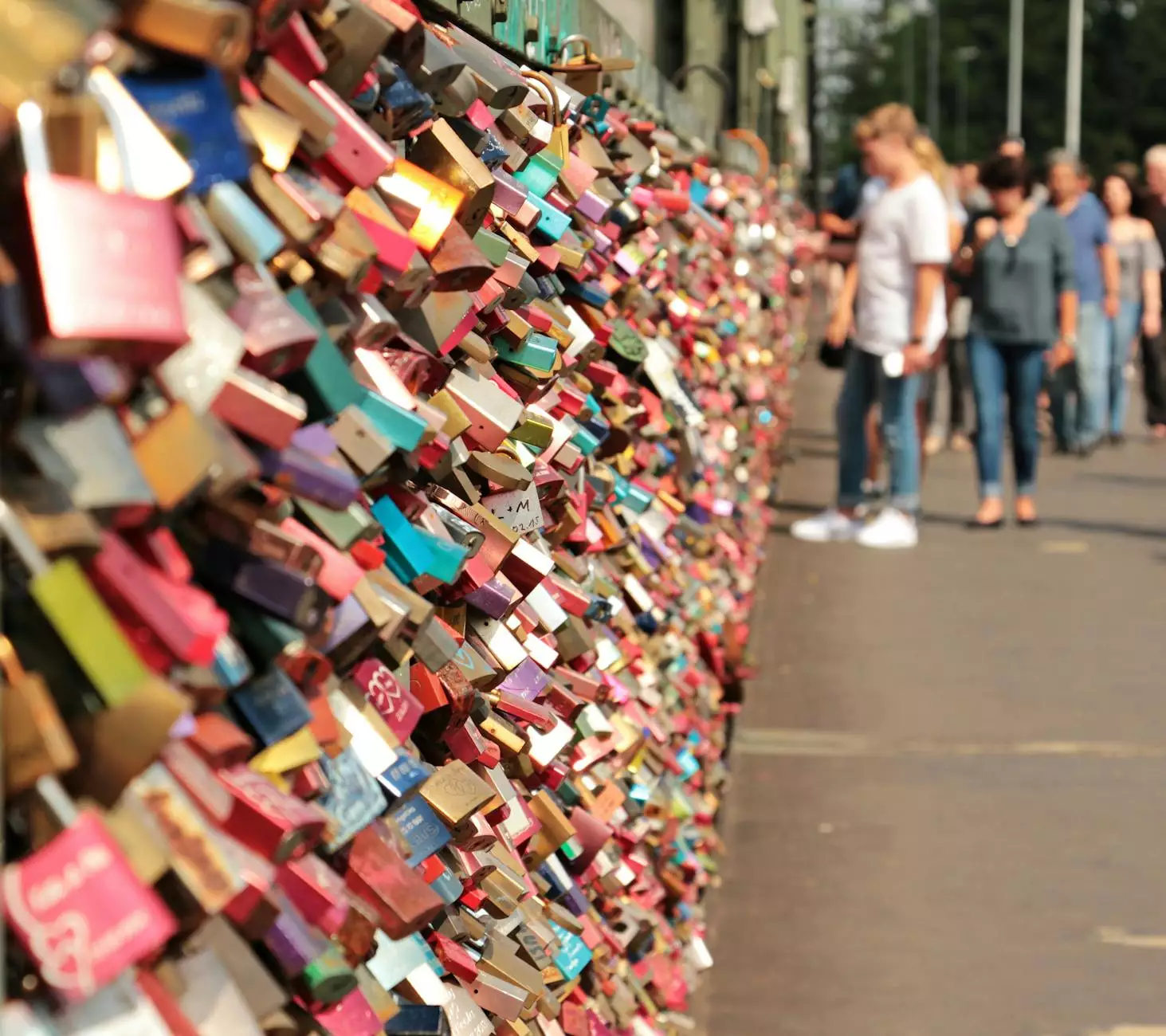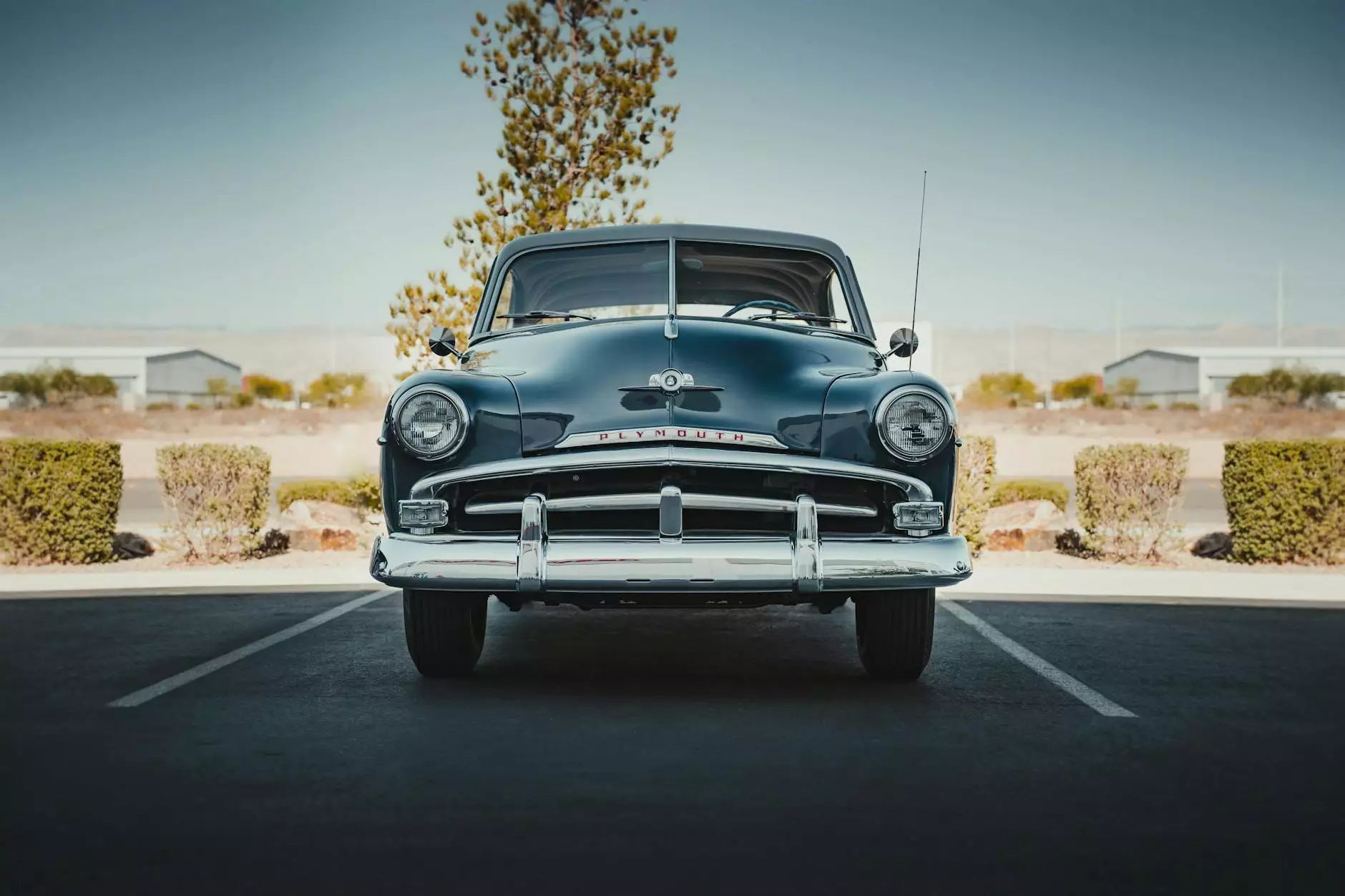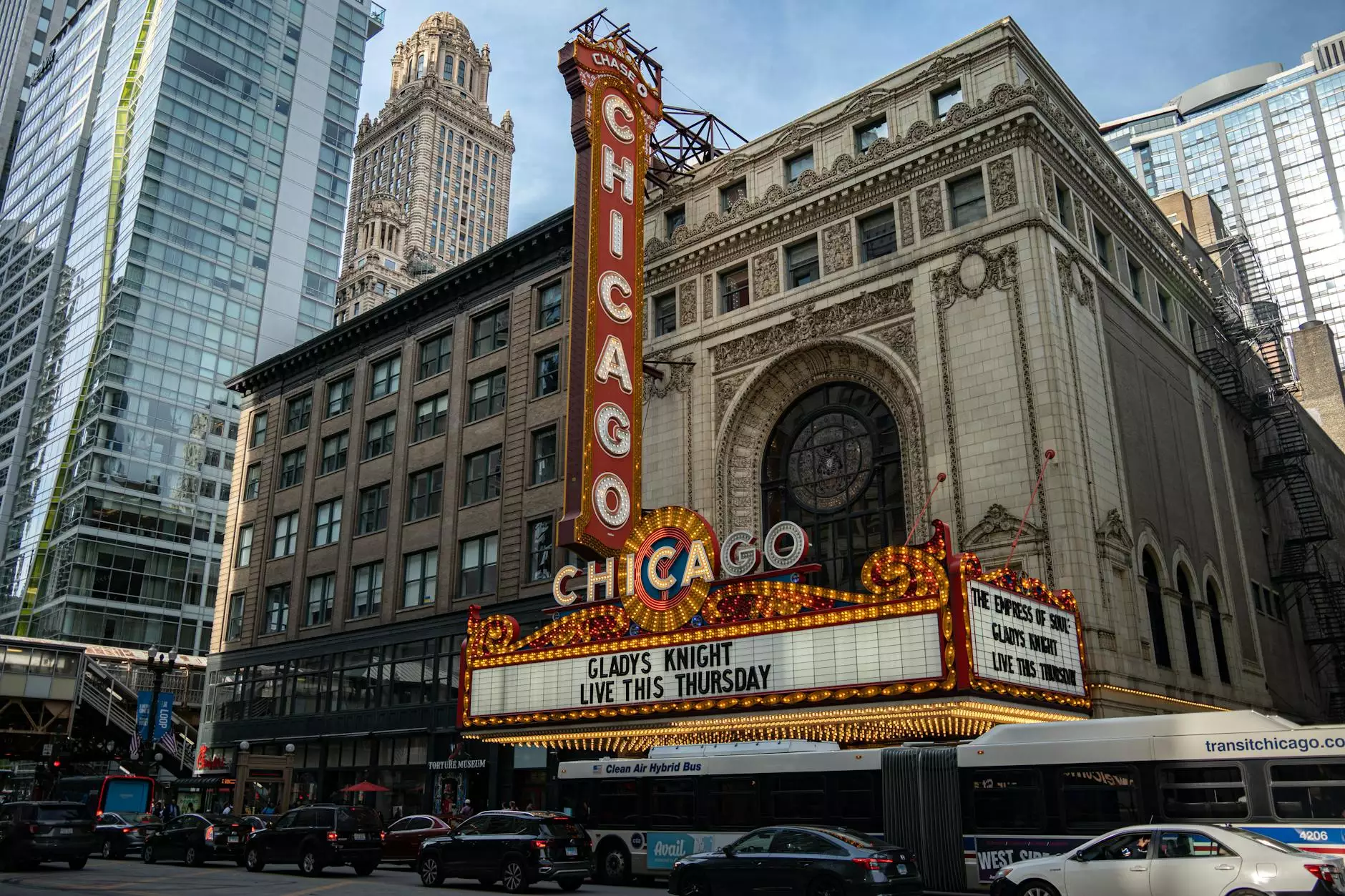The Ultimate Guide to Door Lock Mechanisms

Understanding Door Lock Mechanisms
In today's world, security is a paramount concern for both homeowners and businesses. One of the most crucial components of any security system is the door lock mechanism. This essential device not only safeguards property but also provides peace of mind. In this guide, we will delve deep into the various types of door lock mechanisms, their functionalities, and the importance of choosing the right lock for your needs.
Types of Door Lock Mechanisms
There are several types of door lock mechanisms, each with its unique design and purpose. Understanding these types can help you make informed decisions when upgrading or installing locks.
- Deadbolts: These are among the most popular and secure types of locks. A deadbolt requires a key for locking and unlocking, making it resistant to tampering.
- Knob Locks: Commonly found on doors, knob locks offer basic security. While easy to operate, they are not as secure as deadbolts.
- Lever Handle Locks: Typically found on commercial buildings, these locks are easier to open for individuals with disabilities, but they can also be more vulnerable to forced entry.
- Smart Locks: These modern locks can be controlled via smartphones, providing convenience and high levels of security through encryption and remote access. They often feature biometric scanning for added security.
- Mortise Locks: More complex in design, mortise locks are installed into the door itself, offering superior security and durability, commonly used in commercial applications.
The Importance of Choosing the Right Lock
Selecting the correct door lock mechanism is vital for various reasons:
- Security: The primary function of any lock is to keep your property safe. A robust lock deters potential intruders.
- Convenience: With advances in technology, choosing locks that integrate with modern systems can improve convenience significantly.
- Insurance Benefits: Many insurance companies offer discounts for homes and businesses with high-security locking systems. Check with your provider to see what qualifies.
Factors to Consider When Choosing a Door Lock Mechanism
When selecting the perfect door lock, several factors should be taken into account:
1. Level of Security Needed
The level of security you need depends on various factors, including your location and whether you live in a high-crime area. Deadbolts and smart locks typically provide higher security than knob or lever locks.
2. Lock Type
As previously discussed, different door lock mechanisms offer varying levels of convenience and security. Assess your needs to determine the best type.
3. Price Point
While investing in security is crucial, it's essential to set a budget. There are high-quality locks available across all price ranges, so you don’t need to compromise on safety due to financial constraints.
4. Installation
Consider whether you'll install the lock yourself or hire a professional. Some locks are easier to install than others, and professional installation may be necessary for complex systems, such as mortise locks.
5. Aesthetic Appeal
While security is vital, the lock should also match your home's style. There are numerous designs and finishes available to complement your door.
Benefits of Modern Door Lock Mechanisms
Modern door lock mechanisms, especially smart locks, come with a myriad of benefits:
- Remote Access: Control your locks from anywhere using a smartphone app. This feature is especially beneficial for businesses.
- Audit Trails: Many smart locks provide logs of who enters and exits your property, adding an extra layer of security.
- Integration: Smart locks can integrate with home automation systems, making it convenient to control all aspects of your home security from one device.
- Custom Access Codes: Easily grant temporary access to guests, service personnel, or employees without needing to provide a physical key.
Installing Your Door Lock Mechanism
Once you've chosen the ideal lock, installing it properly is crucial for its functionality and security. Here are steps for a general installation:
- Gather Your Tools: You will typically need a screwdriver, a measuring tape, and possibly a chisel.
- Remove the Old Lock: Unscrew the existing lock and take it out carefully. If necessary, patch the door holes left by the old lock for a tighter fit.
- Install the New Lock: Follow the manufacturer’s instructions. Generally, this involves placing the lock cylinder into the door and securing it with screws.
- Test the Mechanism: After installation, ensure the door lock mechanism functions smoothly. Test the key or code to make sure it operates as expected.
Maintenance of Door Lock Mechanisms
To extend the life of your door lock mechanism, regular maintenance is essential:
- Lubrication: Use a silicone-based lubricant to prevent rust and ensure smooth operation. Avoid oil-based products as they can attract dirt.
- Regular Inspections: Periodically check your locks for signs of wear and tear. Replace any that show significant signs of damage.
- Professional Servicing: For complex locking systems or smart locks, consider having them serviced by a professional to keep them in optimal condition.
Conclusion
Understanding the plethora of door lock mechanisms available can greatly enhance your overall security and convenience. Whether for a residential property or a commercial building, making an informed choice can lead to better protection against intrusions and peace of mind. By keeping abreast of advancements in locking technology and maintaining your locks properly, you will ensure that your property remains safe for years to come.
For more information, tips, and a wide selection of locks, visit Kaukaban.com, your trusted resource for keys and locksmith services as well as hardware solutions.









